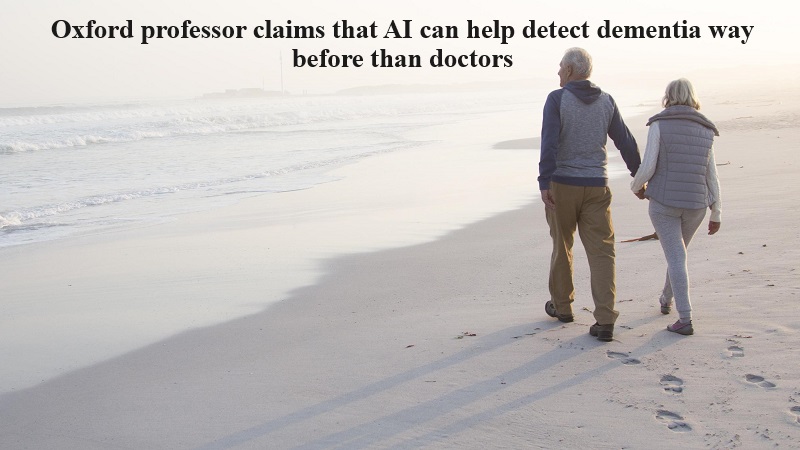
Artificial Intelligence (AI) has brought about significant changes in the digital landscape and is poised to be a game-changer in the field of healthcare. A recent study by an Oxford professor indicates that AI can detect dementia in ways that doctors might not be able to.
Michael Wooldridge, a computer science professor at the University of Oxford, has suggested that we can employ AI and our smartphones to identify early signs of dementia. He explained that technology could recognize signs of hesitation in a person while using their device, which is a potential indicator of the condition.
Speaking at an event that discussed the impact of AI in healthcare, Wooldridge expressed his optimism about the potential opportunities it holds for the medical field. He emphasized that AI could enable the early detection of dementia based on how individuals use their mobile phones.
AI has already shown its effectiveness in healthcare by helping identify early-onset dementia through the analysis of speech patterns and eye movements. These tools are expected to play a vital role in alleviating the strain on dementia assessment services. The average wait time for a dementia diagnosis has increased from 13 weeks in 2019 to 17.7 weeks in 2021, as reported by a survey conducted by the Royal College of Psychiatrists.
Despite these advantages, Wooldridge raised concerns about potential threats in the AI landscape. He warned that large language models, like ChatGPT, could be exploited by hackers for cyberattacks. He explained that malicious actors might use chatbots to launch attacks on institutions such as the NHS and the Ministry of Defence by inundating websites with a high volume of spurious data requests, known as a denial of service attack.
Wooldridge mentioned that OpenAI, the organization behind ChatGPT, would likely implement measures to prevent such attacks. However, he also expressed concerns about the possibility of large language models downloaded from the dark web onto laptops or smartphones in the future, which could bypass security barriers and guardrails, posing a significant threat.

Post Your Comments